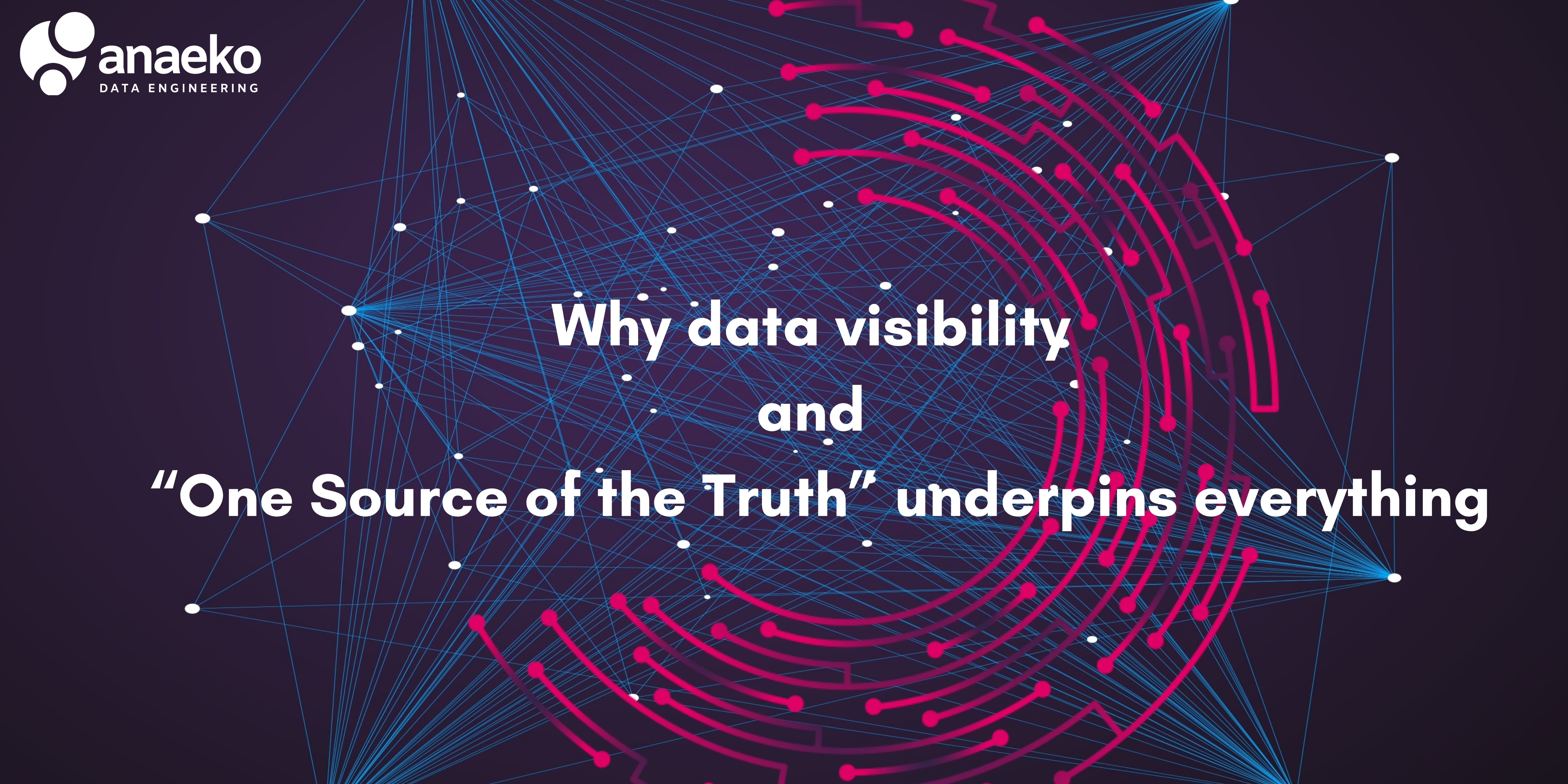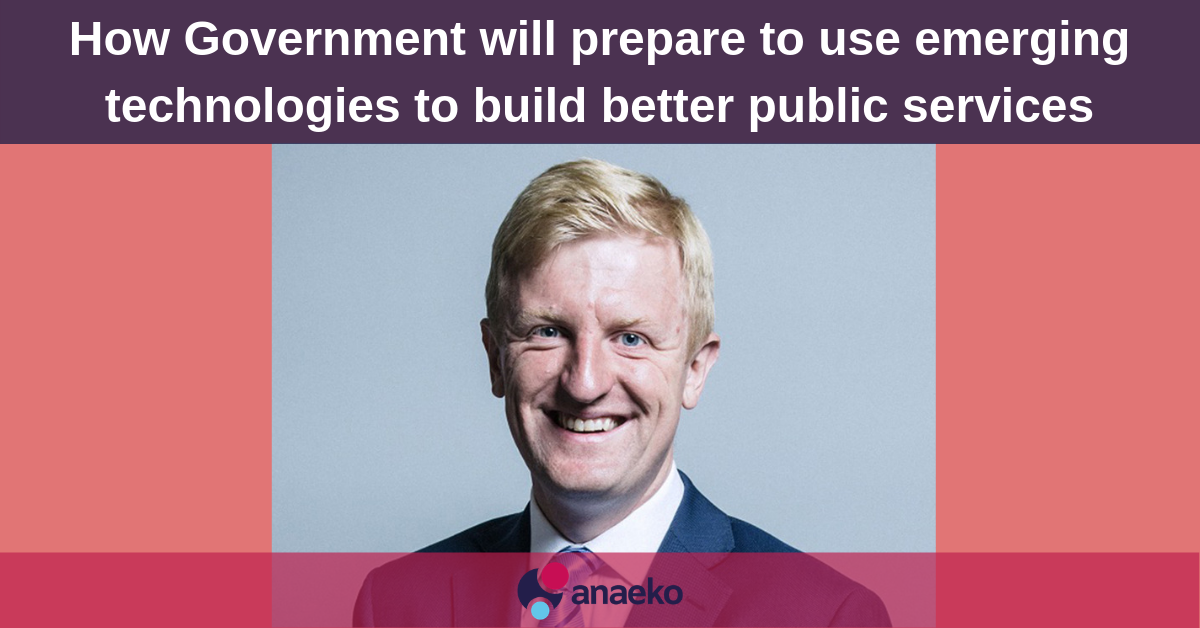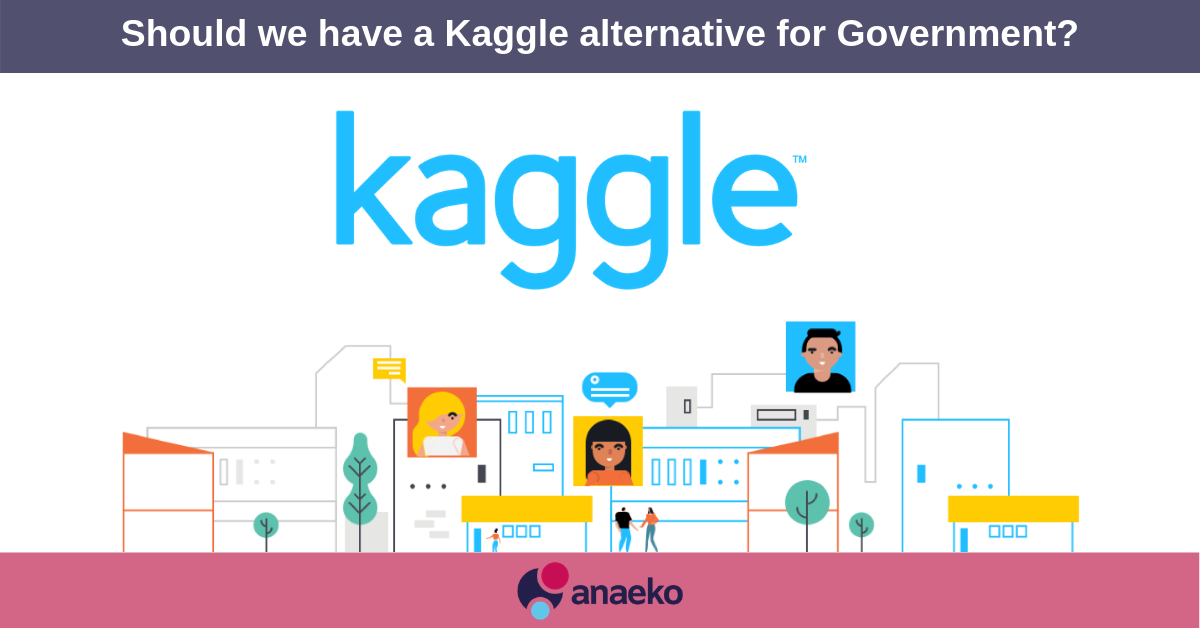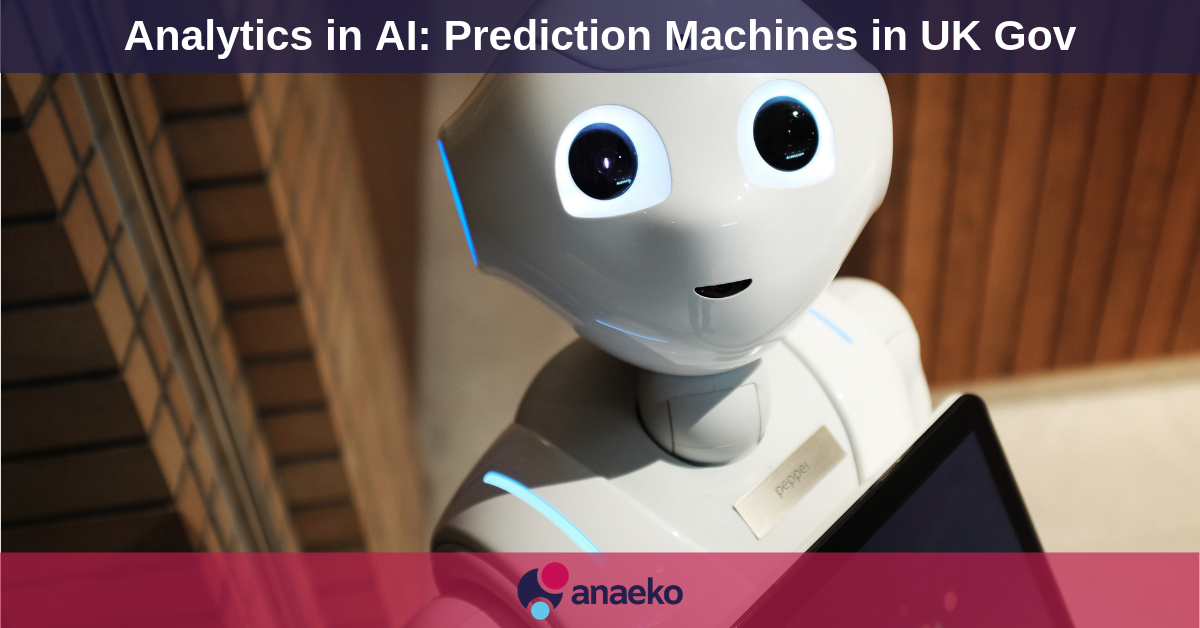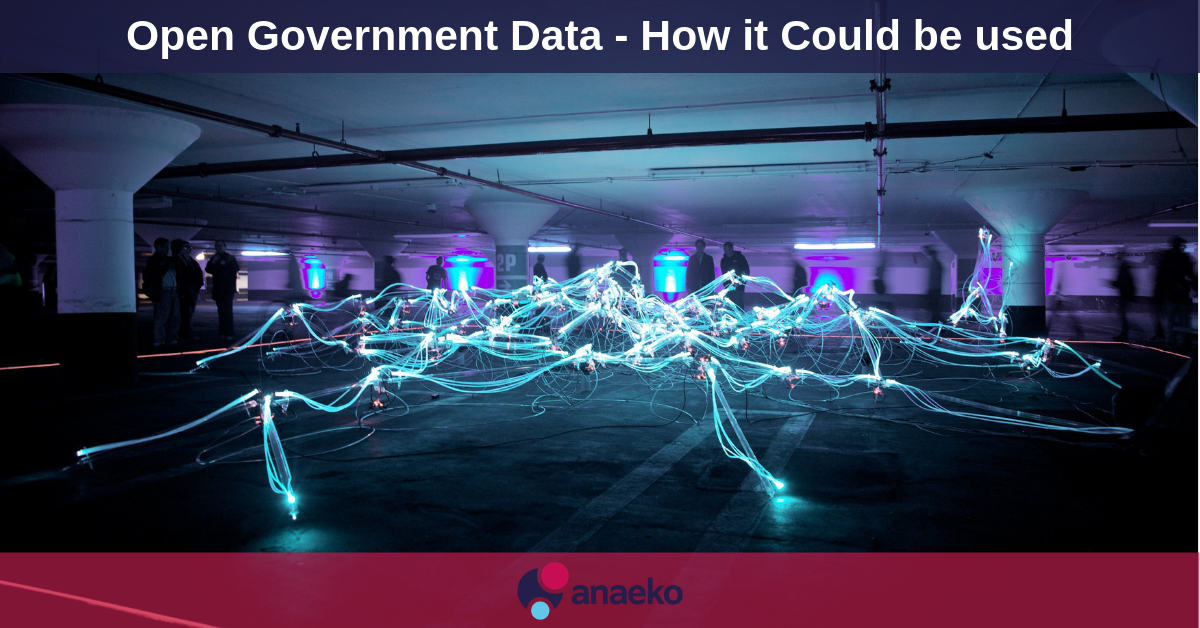Why data visibility and “One Source of the Truth” underpins everything
02 Mar 2022 by Denis 10 minute read
How to use Predictive Modelling in Public Healthcare for Better Outcomes
24 Feb 2020 by Emma Foster 3 minute read
The healthcare industry produces and gathers a huge amount of data and this data has the potential to be used in predictive analytics modelling to help improve and forecast the demand on healthcare services. There are many ways in which predictive analytics could be used. Some companies are looking at forecasting hospital readmissions and others looking at predicting specific patient illnesses before they become serious.
How the UK Government will prepare to use emerging technologies to build better public services
21 Jun 2019 by Emma Foster 4 minute read
On June 10, 2019, the Government Digital Service, also known as GDS, unveiled a policy paper titled "The Government technology Innovation Strategy". Split into 3 sections; people, process, data and technology.
How Prediction Machines can help UK Government offer Better Public Services
12 Jun 2019 by Emma Foster 5 minute read
"The current wave of advances in artificial intelligence doesn’t actually bring us intelligence but instead a critical component of intelligence:- prediction."
Should we have a Kaggle alternative for Government?
18 Apr 2019 by Anaeko 3 minute read
Kaggle is an online community of data scientists and machine learners, owned by Google LLC. It offers an environment where users can find and publish datasets, explore and build models in a web-based data-science environment, work with other data scientists and machine learning engineers, and enter competitors to solve data science challenges.
Overcoming Obstacles of Artificial Intelligence and Data In Healthcare
27 Feb 2019 by Anaeko 3 minute read
Artificial Intelligence In Healthcare
There are few (if any) industries that can be transformed by artificial intelligence to the degree that healthcare can. As initiatives around the world seek to digitise healthcare data, there are huge opportunities for game-changing tools and platforms. However, with potentially a yottabyte (1024 gigabytes) of healthcare data in the United States alone, we are no closer to this utopian, data-driven world of healthcare. Data in existence is not standardised, highly fragmented and is stored in incompatible legacy platforms. The technology exists, so why is healthcare so far behind other sectors in utilising existing technology and what needs to be done to catch up?
The Role of Government and Big Data in Reducing our Carbon Footprint
13 Feb 2019 by Anaeko 4 minute read
The adoption of digital solutions, scaled across multiple industries, will reduce carbon emissions and build towards global government pledges to bring global energy-related carbon dioxide emissions to net zero by 2050. Analysis by Accenture, in collaboration with the World Economic Forum, shows that digital technologies could deliver up to 20% of the 2050 reduction needed.
Big Data has many opportunities and will be the foundation behind any new technology to enable reporting, measurement, analytics, and operation. Big data doesn't just allow industries to track success but is crucial to the function and use of digital technology.
Open Government Data - How it Could be used
28 Nov 2018 by Anaeko 3 minute read
What is Data?
Data is one of the most talked about subjects at the moment alongside Big Data, AI and Robots, but what exactly is it? The Oxford dictionary defines it as ‘facts and statistics collected together for reference or analysis’. Every time you enter your details into an application form, social media network or membership subscription, your information is collected. It allows other parties to make more strategic decisions when planning objectives around marketing, hiring, product, finance and engineering. Data has been collected for years however, 90% of current data has been created in the last two years with Forbes suggesting there are 2.5 quintillion bytes of data created each day at our current pace (roughly 100 million blu-ray discs). So what has this got to do with Open Government Data?

